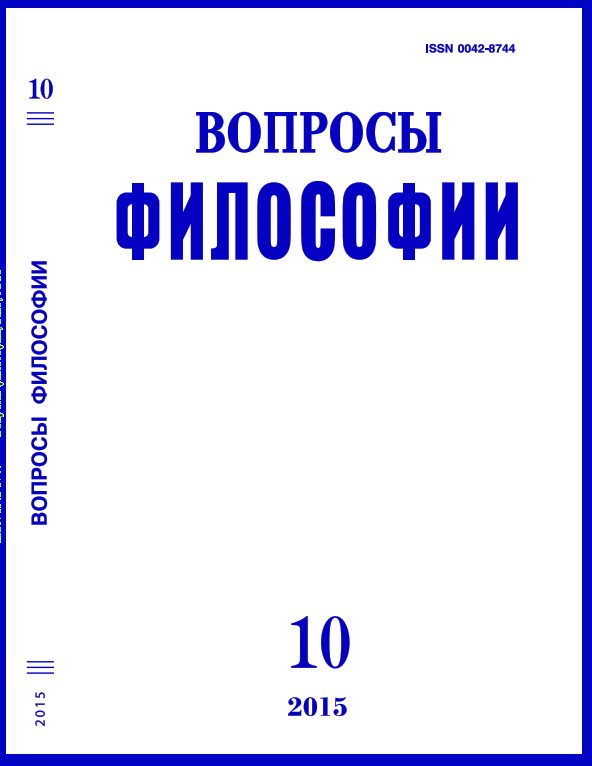Rulers and Philosophers (Introduction to Kojève Reading)
Keywords:
A. Kojève, A. Koyré, G.W.F. Hegel, M. Heidegger, L. Strauss, R. Queneau, G. Bataille, J. Lacan, lust, recognition, time, end of history, power, tyranny, political philosophy, universal and homogenous state, empire, atheismAbstract
This article of Piotr Nowak it the enlarged version of one of the chapters of his book “Podpis księcia: Rozważania o mocy i słabości” (Warszawa: Fundacja Augusta Hrabiego Cieszkowskiego, 2013). The author presents the turning points of Kojève’s biography – his escape
from Russia and early friendship with Alexandre Koyré, the Paris seminar he conducted in the
1930s and his political activity in the 1950s and 1960s – showing how they are related to the
development of his work. Nowak then describes the basic aspects of Kojève’s interpretation of
Hegel’s notions of “Master-Slave dialectic”, “homogenous and universal State”, “time”, “Latin
Europe”, “end of history”, “recognition”, “tyranny”, closely related to Heidegger’s. The author
discusses some aspects of Kojève’s controversy with Leo Strauss on tyranny and political role of
philosopher. In the last section of his article Nowak presents the development of Kojève’s ideas
by his French and American students.

